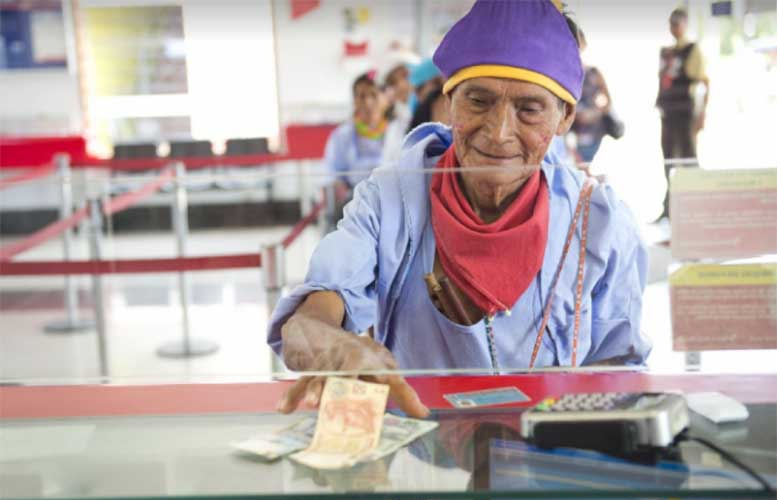
A propósito del centenario crema, Agua San Carlos, bebida embotellada por cbc Peru, creó una colección única que conmemora el centenario del equipo favorito de miles de peruanos: 6 modelos de posavasos coleccionables con diseños alusivos a la historia del equipo merengue.
Las ilustraciones de cada uno de ellos son diseños exclusivos de Efraín Aranda, pintor e hincha de la garra crema. Se diseñaron 6 modelos haciendo alusión a los momentos más memorables en estos 100 años de historia de Universitario de deportes.
“Agua San Carlos continúa construyendo su compromiso con el deporte peruano y, por ello, nos sentimos felices de ser el hidratador oficial de Universitario de Deportes. Estamos seguros de que esta colección de posavasos será de gran valor para todos sus hinchas en un año tan especial como lo es su primer centenario institucional”, mencionó Alessandra Medina Aguad, Jefa de Marcas de cbc Perú, empresa multiportafolio que embotella y envasa Agua San Carlos.
La colección, que fue puesto a la venta desde este lunes 5 de agosto, retrata a importantes figuras futbolísticas de la historia del club como Lolo Fernández, Héctor Chumpitaz o el ‘Orejas’ Flores.
¿Dónde pueden adquirir los posavasos de Universitario?
Tiendas Tambo: Por la compra de s/ 5 en Agua San Carlos 750ml, podrás canjear tu posavaso gratis en caja. Aplica en todas las tiendas de Tambo a nivel nacional.
Plaza Vea: Por la compra de mínimo s/ 10 en Agua San Carlos, podrás canjear tu posavaso gratis en atención al cliente. Aplica en Plaza Vea de Lima, Tumbes, Piura, Sullana y Chiclayo.









